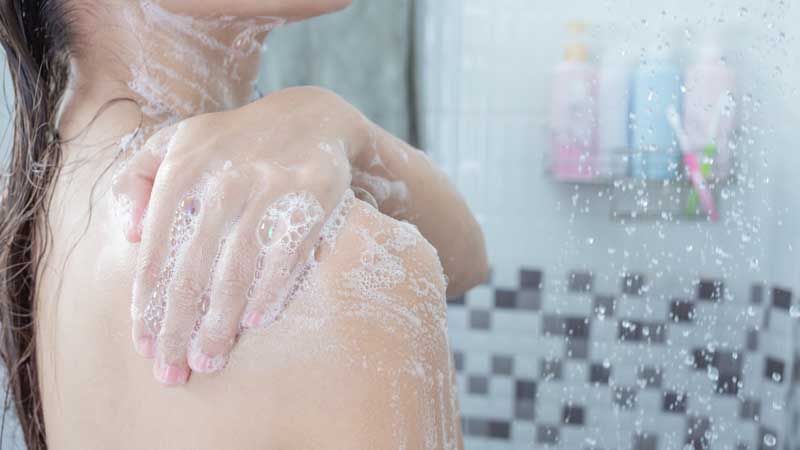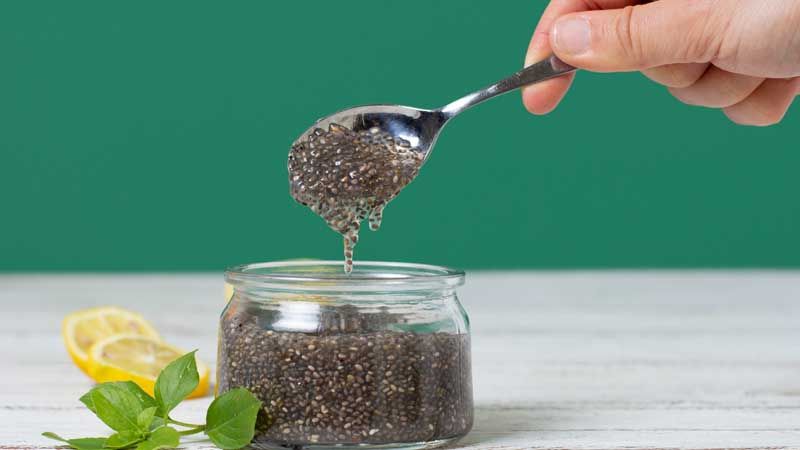Winter Dandruff Treatment: Ways To Treat Scalp Issues
- 22 months ago
As winter knocks on our doors, it doesn't just bring chilly winds but also some not-so-friendly issues for our heads – dandruff and dry scalp. These problems can make the happy winter season a bit less enjoyable.
Winter can be a bit of a downer, especially when it brings a dry scalp. The cold air and lack of moisture create a suitable environment for a fungus called Malassezia on our scalps, causing those flakes.
If you're tired of dealing with flakes on your scalp and shoulders, we understand. We've got simple and effective solutions to kick winter dandruff to the curb. So, if you've been wondering how to get rid of dandruff in winter, keep reading. We'll share easy tricks that you can do to say goodbye to those pesky flakes.
Understanding Dandruff and Dry Scalp
Dandruff might seem like just a thing that makes your head itchy and leaves white stuff on your shoulders, but it's more than that. It happens when too much fungus grows on your head, making your skin shed too many dead cells. This results in those not-so-friendly flakes that can be annoying. A dry scalp, on the other hand, is like your head getting too dry and feeling tight and itchy, with smaller flakes.
It's essential to know the difference between dandruff and dry scalp because they need different treatments. Dandruff usually comes with oily flakes, redness, and swelling, while dry scalp shows up with dry, itchy patches and smaller flakes. And it's not just about looks – these scalp issues can also affect your hair.

Symptoms of Dry Scalp and Dandruff
Identifying the symptoms is crucial for effective treatment. Dry scalp is characterized by itching, flakiness, and tightness on the scalp. The flakes are usually smaller and whiter compared to dandruff. Dandruff, on the other hand, presents itself with larger, yellowish or white, oily-looking flakes accompanied by itching and irritation.
Hair Loss Concerns
One common question that arises is whether dandruff can lead to hair loss. While dandruff is not a direct cause of hair loss, the constant itching and scratching can damage hair follicles, leading to hair breakage. Additionally, severe dandruff may cause inflammation of the scalp, which can contribute to hair loss. It's essential to address dandruff promptly to maintain a healthy scalp and hair.
Home Remedies for Dandruff
Many individuals prefer natural and home remedies to combat dandruff and its potential effects on hair loss. Here are some effective remedies:

- Tea Tree Oil: Known for its antifungal properties, can be mixed with a carrier oil and applied to the scalp. It helps reduce dandruff and soothe the scalp.
- Aloe Vera: Applying fresh aloe vera gel to the scalp can provide relief from itching and help moisturize the skin.
- Coconut Oil: Massaging warm coconut oil into the scalp moisturizes the skin and has antimicrobial properties that can combat dandruff.
- Apple Cider Vinegar: Diluting apple cider vinegar with water and using it as a final hair rinse can help balance the pH of the scalp and reduce dandruff.
- Baking Soda: A gentle exfoliant, baking soda can be used to scrub the scalp, removing dead skin cells and reducing dandruff.
Also Check: 7 Ayurvedic Remedies To Combat Dandruff
Medical Treatment for Dandruff
Several over-the-counter shampoos and medicated products are available to treat dandruff effectively. Ingredients like zinc, salicylic acid, ketoconazole, and selenium sulfide are found in these products. For persistent cases, consulting a dermatologist is necessary to explore prescription-strength treatments or medicated shampoos.
Prevention Through Lifestyle Changes
Preventing dandruff and dry scalp involves adopting healthy hair care habits and making lifestyle changes:
- Regular Shampooing: Wash your hair regularly with a mild, anti-dandruff shampoo to keep the scalp clean. [The Right Way to Shampoo Hair]
- Balanced Diet: Ensure a diet rich in vitamins and minerals, as nutritional deficiencies can contribute to scalp issues.
- Hydration: Drink an adequate amount of water to keep your body and scalp hydrated, especially during the dry winter months.
- Stress Management: Stress can exacerbate scalp issues. Engage in stress-relieving activities such as yoga, meditation, or deep breathing.
- Avoiding Harsh Products: Limit the use of hair care products with harsh chemicals, as they can strip the scalp of natural oils.
Conclusion
Banishing winter dandruff involves a multi-faceted approach, from understanding the differences between dry scalp and dandruff to implementing effective treatments and preventive measures. Whether opting for medical treatments or natural remedies, consistency is key to achieving a healthy, dandruff-free scalp. By making simple lifestyle changes and adopting a mindful hair care routine, individuals can confidently embrace the winter season without pesky flakes and potential hair loss.









